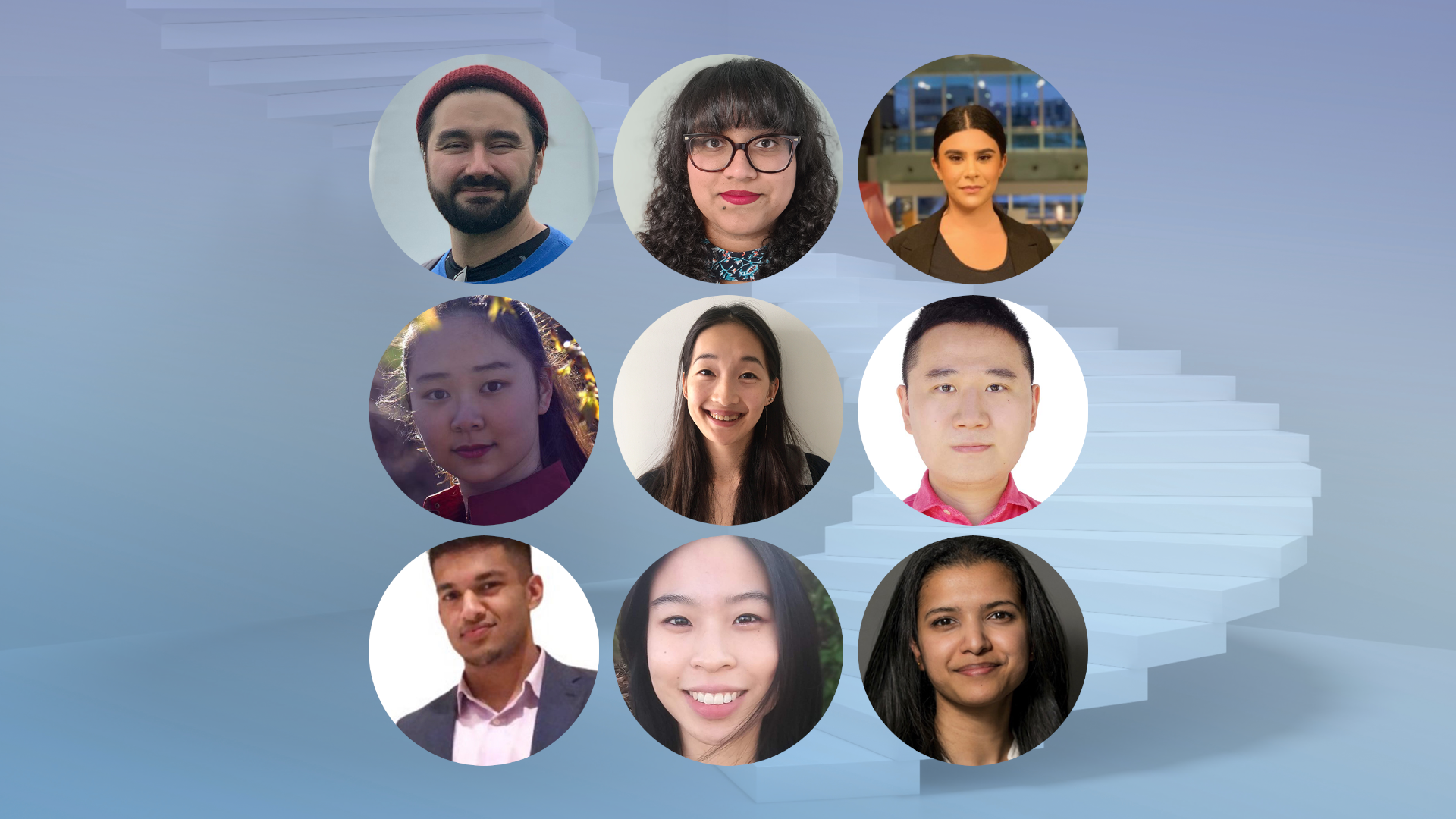
New report outlines foundations and practices to foster responsible computing research
How can computing researchers better consider the ethical and societal impacts of their work? In a recent SRI Seminar, Harvard professor Barbara Grosz outlined the key findings of a major new report on responsible computing research, which provides practical recommendations for new methodologies and approaches.
Entering the uncanny valley: Technophilosophy September Soirée explores the impacts of VR
How is virtual reality changing the way we live? Does living in a virtual landscape create new ethical and moral problems? At the first annual Technophilosophy September Soirée, SRI Research Lead Karina Vold convened an interdisciplinary panel of University of Toronto scholars to discuss the impacts of new technologies on the way we understand our world.
Mimetic models: Ethical implications of AI that acts like you
SRI Graduate Fellow Reid McIlroy-Young’s new research explores the concept of “mimetic models”: algorithms designed to simulate the behaviour of an individual in new situations. In a new paper, McIlroy-Young reflects on the ethical implications of such models, in what scenarios they might be used, and directions for future research.
Schwartz Reisman Institute for Technology and Society appoints new research leads
The Schwartz Reisman Institute for Technology and Society at the University of Toronto has appointed five new research leads to help shape the Institute’s ongoing research program. The new research leads bring expertise and insights on the social impacts of artificial intelligence from the fields of economics, computer science, literature, and philosophy.
Building democracy into recommender systems will require new tools and frameworks
In a session at Absolutely Interdisciplinary 2022, SRI Associate Director Peter Loewen, Jonathan Stray of the Berkeley Center for Human-Compatible AI, and Taylor Owen of McGill University discussed what methods and principles might be used to redesign the algorithms that decide what billions of people see in accordance with democratic values.
Anna Su explores digital constitutionalism and the futures of digital governance
The rise of the information society and the ubiquity of digital technologies brings new challenges for governance, as traditional institutions might not be sufficient to address the complex issues emerging from these new tools. In a talk at Absolutely Interdisciplinary 2022, SRI Faculty Fellow Anna Su explored the phenomenon of digital constitutionalism and the importance of human rights to balance powers in the digital realm.
Redrawing data boundaries: From private collection to public good
Can the data collected by private companies be recognized as a public resource to be leveraged for social good? What obstacles stand in the way? In a panel discussion at Absolutely Interdisciplinary 2022, SRI Associate Director Lisa Austin discussed the shape of data today with Eric Horvitz (Microsoft), Aziz Z. Huq (University of Chicago), Robert Seamans (Stern School of Business, NYU), and Pamela Snively (TELUS).
Explanation and justification in partial view AI models
Calls for AI to be “explainable” have been mounting for several years, leading computer scientists to provide accounts of the decisions of complex ML systems. But are such accounts the only kinds of explanations we need? At Absolutely Interdisciplinary 2022, Finale Doshi-Velez and Boris Babic explored the differences between explanation and justification, and how insights from other regulatory domains can help us build trustworthy systems.
Evolutionary biology offers new perspectives on designing AI
In a session at Absolutely Interdisciplinary focused on collective agency in evolution and AI, SRI Research Lead Denis Walsh, Kate Larson, and Richard Watson discussed what insights evolutionary biology and computer science can teach each other about multi-agent systems, collectives, and the paradox of individuality.
AI provides new insights into social learning
In a session at Absolutely Interdisciplinary 2022 on “Natural and Artificial Social Learning,” SRI Associate Director Sheila McIlraith, Faculty Affiliate Jennifer Nagel, and Natasha Jaques of Google Brain explored how social learning can benefit a wide range of agents, including humans and AI systems, and how insights from philosophy and computer science can illuminate each other.
2022 SRI Graduate Workshop explores “Technologies of Trust”
How are advanced technologies shaping beliefs and truths in our daily lives, and what role does trust play in developing new technologies? At the 2022 SRI Graduate Workshop “Technologies of Trust,” a wide range of interdisciplinary scholarship explored these themes in relation to health sciences, philosophy, management, and education.
Absolutely Interdisciplinary 2022 explores new solutions for a changing technological landscape
The Schwartz Reisman Institute’s academic conference hosted eight panels featuring 30 presenters, with sessions offering innovative responses to the challenges of today’s technological landscape, including questions of data privacy, explainable AI, evolutionary approaches to system design, digital rights, and recommender algorithms.













